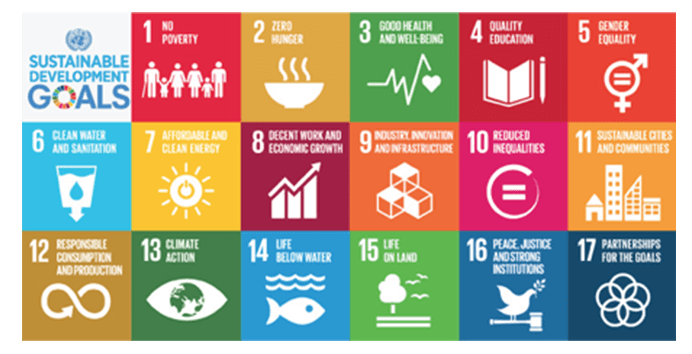Why the Fundamentals of Sustainability Should be Taught Early on
The first environment a child grows up in is their home. Next to that, it’s their school. It’s these two places that build the blueprint for the kind of person a child grows up to be. When they grow up in an environment that urges them to challenge the status quo, they grow up as adults who speak their minds and effect change.
That is very powerful when it comes to making the world sustainable. Specifically, these things happen:

The correct foundations are built
Children interact with people their age at schools, and they are also surrounded by instructors who shape them to be productive members of society. It’s the ideals of these people that are planted within each child.
According to Metanoia Eco, schools are a microcosm of the city. This gives children a chance to see how a society works, on a scale that is not too overwhelming for them. If the correct societal and social foundations are built on this smaller scale, they can easily be extended later on. Teach children how to segregate trash, and how impactful that is to waste management, and you’ll have a child who grows up to teach a hundred others.
Their questions challenge current practices
Children are known for being inquisitive by nature. This means they will be asking questions that adults might not think important, but in their young minds, it makes a difference. Why is the earth dying? A child might ask that, and this might prompt even adults to change. Conversely, with their inquisitive questions, teachers can help them find answers that they can then carry with them into adulthood.
Schools are important to children for them to learn to interact with their peers. More importantly, these surroundings are also the best place to start teaching practices that inculcate sustainability in children at a young age.

